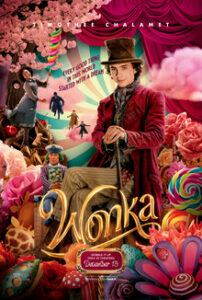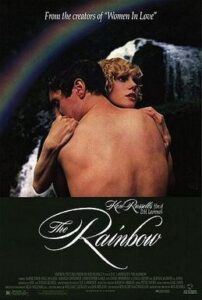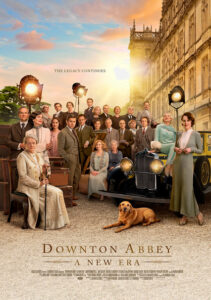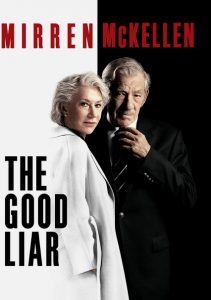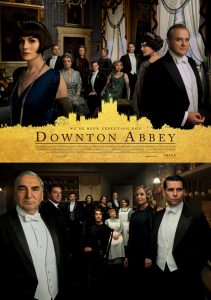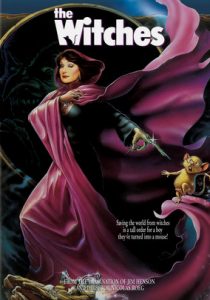Wonka-2023
Director Paul King
Starring Timothée Chalamet, Calah Lane, Olivia Colman
Scott’s Review #1,414
Reviewed January 3, 2024
Grade: B+
Wonka (2023) is only the third live-action film based on Roald Dahl’s iconic 1964 novel Charlie and the Chocolate Factory, following Willy Wonka & the Chocolate Factory (1971) and Charlie and the Chocolate Factory (2005).
The latter was an inadequate and unnecessarily dark film starring Johnny Depp that threatened to ruin the trademark fantasy of the original.
Fortunately, director Paul King mostly known for directing the Paddington films opts for a warm and even gooey experience that does perfect justice to the original starring Gene Wilder with many connections to that film, especially costumes, characters, and locale.
It’s saccharine sweet but not sickeningly sweet instead feeling both fresh and genuine.
The wonderful and familiar featured song ‘Pure Imagination’ appears instantly as the film begins which does wonders to capture and captivate the nostalgic audience—mixed with other new gems like ‘A World of Your Own’ hooks newer and younger viewers.
The effort works well as a kindly old friend dusted off the shelf for a new waltz across the dance floor and a dizzying chocolate delight crowd-pleaser is the result of Wonka.
Wonka is released in December amid the sugary Christmas holiday season. A marketing win what parents could refuse a delicious trip to the cinema?
The wondrous story of how the world’s greatest inventor, magician, and chocolate maker became the beloved Willy Wonka (Timothée Chalamet) we know today begins with the young actor brazenly wearing a similar garb as Wilder did in the 1971 effort.
I adore this feat and pointed display because it makes crystal clear the attempt to leverage history instead of upheaval.
Chalamet is perfectly cast as Willy in large part because he resembles Wilder with his wiry build and waifish face. There exists a kindness and trustworthiness that transfers well from the big screen to the audience member.
Throughout the film, there is light peril that Wonka faces like a crooked debt owed to the even more crooked Mrs. Scrubitt’s (Olivia Colman) boardinghouse or the vengeful competitor Arthur Slugworth (Paterson Joseph) but it’s nothing he can’t handle with a grin and shrug of the shoulders.
His feathers are not ruffled easily because he believes in the magic of chocolate. In a dear flashback scene featuring his mother, played by Sally Hawkins, she inspires him to always believe in himself and be a good person.
This is at the heart of the film.
Along for the ride are new friends orphan Noodle (Calah Lane), Abacus Crunch (Jim Carter), and others trapped within Scrubbit’s and henchman Bleacher, played by Tom Davis.
There’s even a connection with the fan favorite Oompa-Loompa’s led by Lofty (Hugh Grant) who becomes a close ally in the end. As historical viewers will know the pair reunites in business.
Despite all these terrific additions the main attraction is the chocolate naturally. Highlights are a lavish chocolate attempted drowning, a chocolate store, and more than enough chocolate colorful flowers to whet one’s appetite.
The film is weird and zany without being too far out there and retains its touchy-feely approach.
Wonka (2023) successfully builds a multi-generational bridge between audiences with a powerful human connection. Grandparents, parents, and children alike can all see the film together with a common love of chocolate and magic.
The dangers are light-hearted and the filmmakers keep age-appropriate sensibilities and the result is family-friendly material with a kindhearted approach.
We all need this sometimes.
